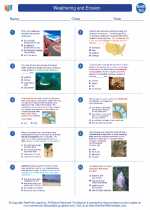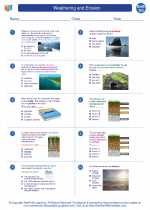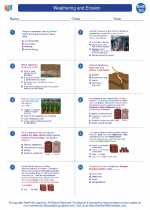Planet
A planet is a celestial body that orbits a star and does not produce its own light. There are eight recognized planets in our solar system: Mercury, Venus, Earth, Mars, Jupiter, Saturn, Uranus, and Neptune. These planets vary in size, composition, and characteristics.
Characteristics of Planets
- Orbit: Planets orbit around a star in an elliptical path.
- Shape: Planets are generally spherical in shape due to their gravitational forces pulling them into a nearly round shape.
- Cleared their orbit: Planets have cleared their orbits of other debris, meaning they have become gravitationally dominant in their orbital zone.
- Atmosphere: Many planets have atmospheres, which can vary in composition and density.
- Moons: Some planets have natural satellites or moons that orbit around them.
Formation of Planets
Planets are believed to have formed from the leftover material in the early solar system after the formation of the Sun. This material coalesced into planetesimals, which eventually grew into protoplanets through the process of accretion. The protoplanets then continued to accumulate more material and eventually became the planets we observe today.
Classification of Planets
Planets are categorized into two main groups: terrestrial planets and gas giants.
- Terrestrial Planets: These are rocky planets with solid surfaces. In our solar system, Mercury, Venus, Earth, and Mars are terrestrial planets.
- Gas Giants: These are planets primarily composed of gases and do not have solid surfaces. Jupiter, Saturn, Uranus, and Neptune are classified as gas giants in our solar system.
Observation and Study
Observing planets through telescopes, studying their compositions through spectroscopy, and analyzing data from space probes are some ways in which scientists gather information about planets. Understanding the characteristics and behavior of planets is important for advancing our knowledge of the solar system and beyond.
Conclusion
Studying planets provides valuable insights into the formation and evolution of our solar system and helps us to better understand the potential for life beyond Earth.
.◂Earth Science Worksheets and Study Guides High School. Weathering and Erosion

 Worksheet/Answer key
Worksheet/Answer key
 Worksheet/Answer key
Worksheet/Answer key
 Vocabulary/Answer key
Vocabulary/Answer key
 Vocabulary/Answer key
Vocabulary/Answer key
 Vocabulary/Answer key
Vocabulary/Answer key
